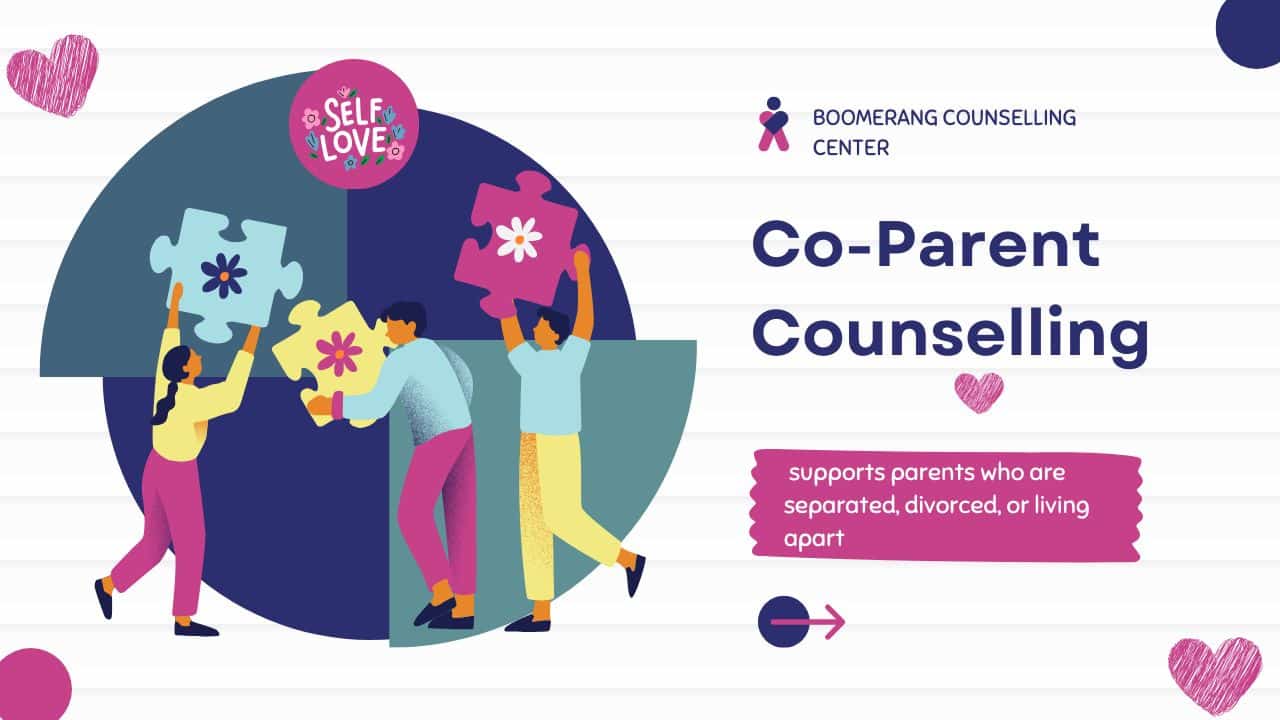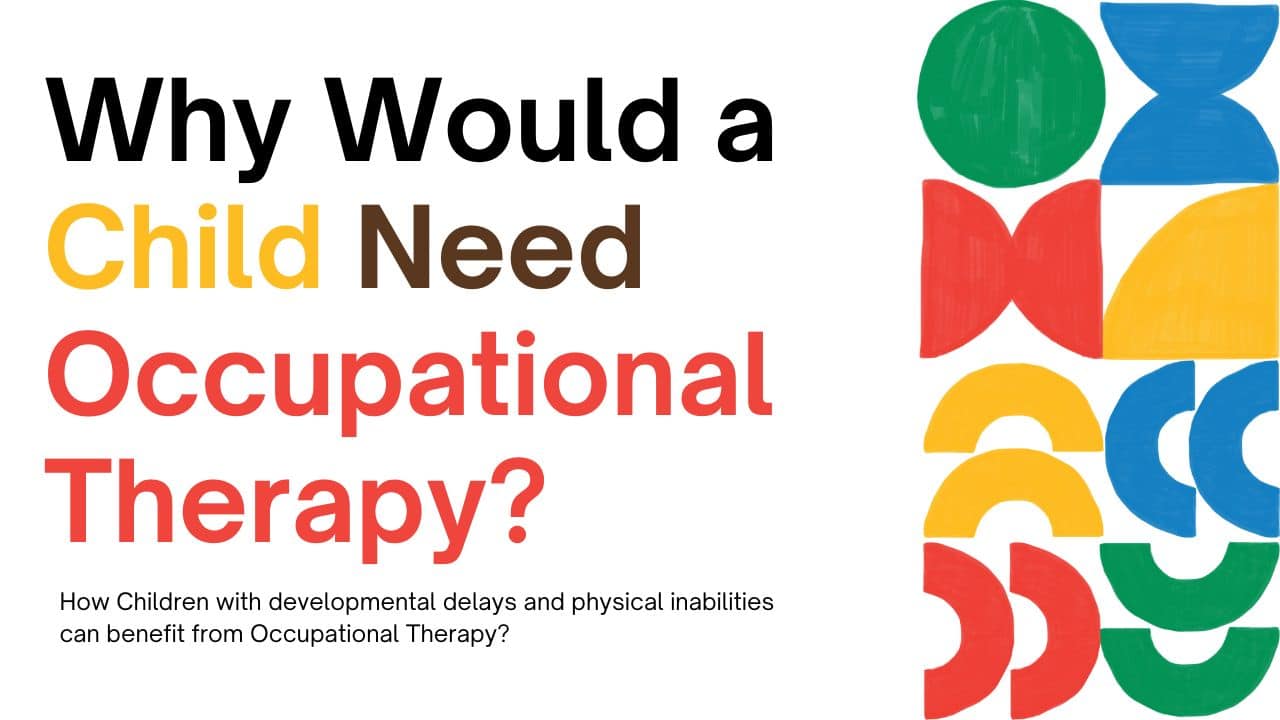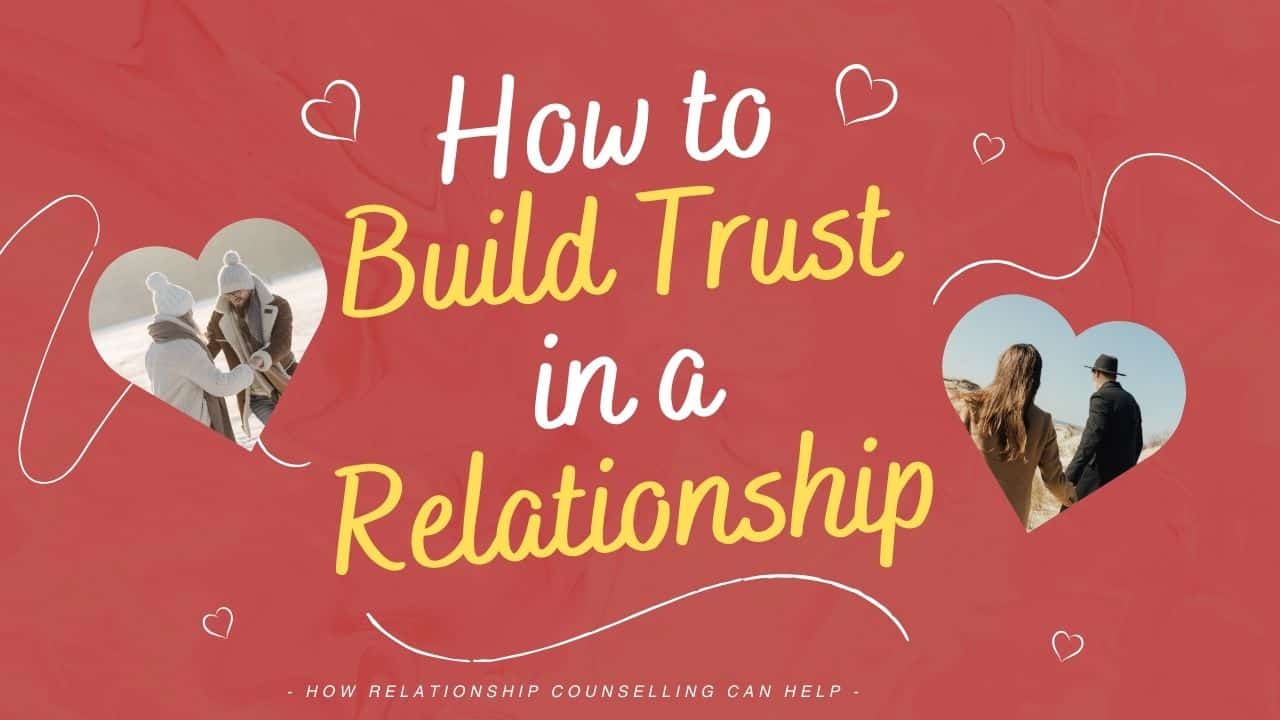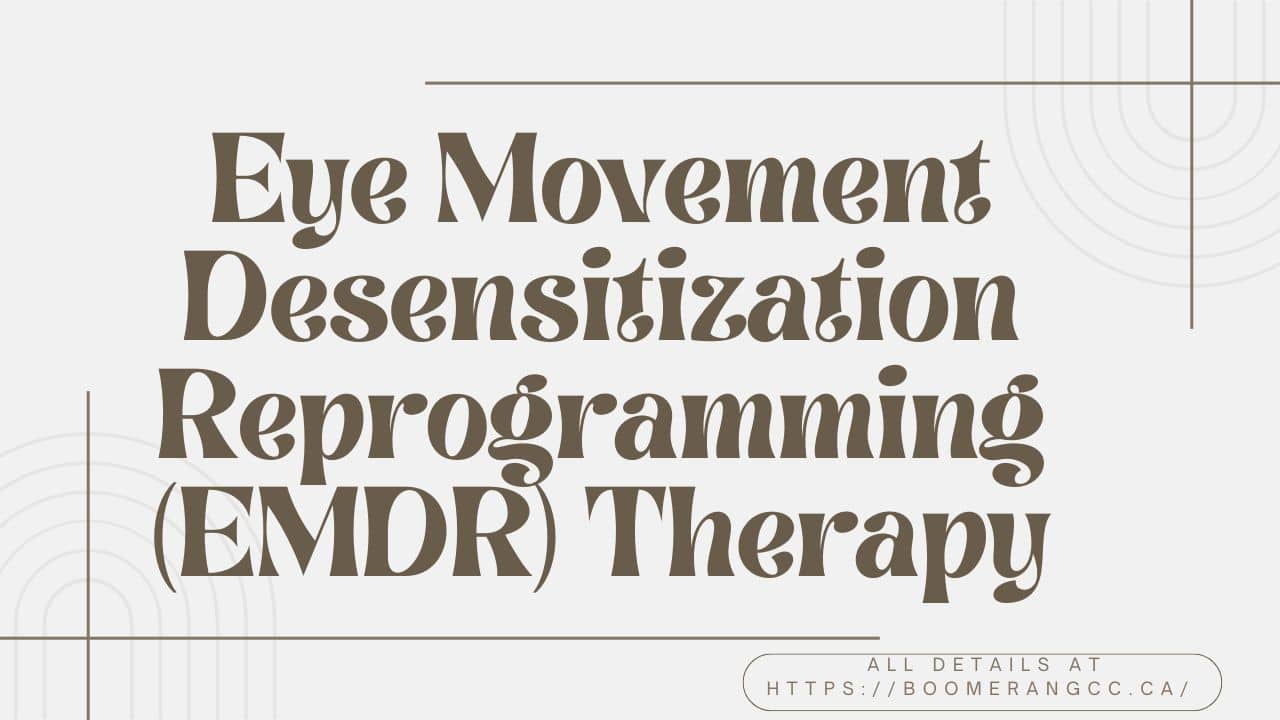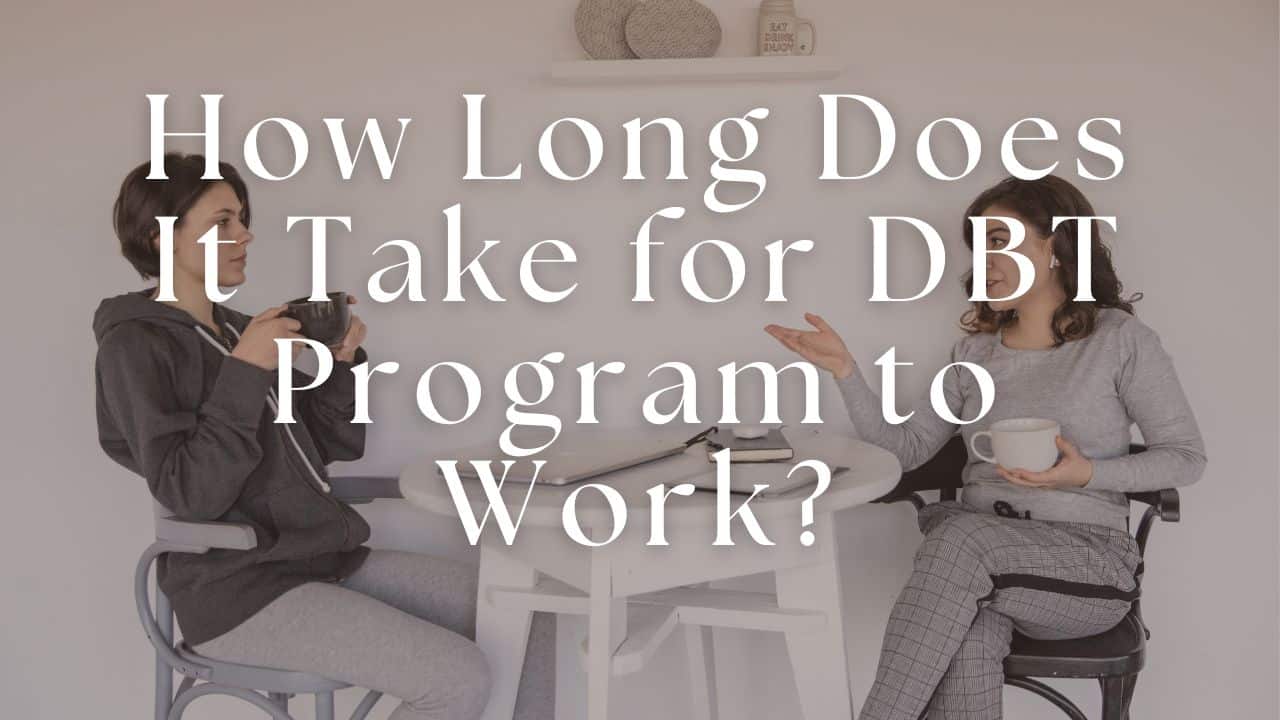Parent counselling is a form of parental assistance. It is a secure, supportive environment where parents meet with a trained counsellor or therapist to talk and build knowledge. The counsellor listens to the issues and helps you understand why your child behaves the way they do.
The point is to share with you the steps that can be tried at home. These steps are the result of extensive studies and practical experience. Parent counselling is approachable, focused, and solution-based in real life.
Who Is Suitable for Parent Counselling?
Parent counselling can be helpful for all parents and caregivers. Counselling can provide you with definitive suggestions on how to manage your child’s behaviour effectively. In case the child has issues at school or interpersonal relationships, a visit to the counsellor can be beneficial to the parents, who can offer support.
Counselling helps new parents establish routines and become more confident. A counsellor can help when you and your partner have different opinions on matters of parenting. Parent counselling can aid when a child has special needs or a mental health problem. This is a service to single parents, two-parent families, foster carers, and grandparents who are bringing up children.
What Is Included in Parent Counselling?
The counselling of a parent normally begins with an assessment. The first session begins with questions that the counsellor asks about your family and child. This assists the counsellor in getting an insight into the primary problems.
You then work out specific objectives with the counsellor. They are also precise and little, such as: “I want to lessen the bedtime struggle or I want my child to feel relaxed at school.” The counsellor then teaches practical tools and strategies once goals have been established.
These can include routines associated with everyday life, such as commendations and rewards, as well as simple strategies to calm a child. Between sessions, you will learn to practice these tools in the comfort of your home.
The counsellor will request how things worked and make the appropriate modification to the plan. Parent counselling is usually brief and oriented toward practical results you can observe.
What is Co-Parent Counselling (For parents separated or divorced)?
Co-parenting counselling supports parents who are separated, divorced, or living apart. It is oriented towards the cooperation of two parents for the child’s benefit. Co-parenting is not about being together as a couple. It is a matter of coordinating and making gradual arrangements for the child’s care.
Counselling helps parents develop clear intentions about visits and the time they spend with the child. It assists with school choices, healthcare, and daily routines. Consistency in rules between the two houses, such as bedtime, screen time, and chores, will make children feel secure, but it is not always possible as past partners begin to build their own lives. To ensure that fights do not affect the child, the counsellor advises parents to use approaches that avoid the appearance of ongoing tension and instead provide soothing and structured environments.
The Process of Co-Parenting Sessions.
Co-parenting counselling is available in several formats to suit your specific circumstances. Joint sessions demand a meeting of the two parents with the counsellor. These sessions enable parents to talk and solve problems safely and with support. In one-on-one interactions, the parents attend each session at a time with the counsellor. In a couple’s sessions, they attend together. It is especially helpful when intense feelings are present or when one of the parents requires additional support.
In most cases, counsellors adopt a two-targeted approach: you can have both sessions together and also alone. The counsellor educates couples in skills such as effective communication, conflict resolution, and developing a mutually agreed-upon parenting schedule. The focus is to minimize the conflict and keep the child’s needs in focus.
What to Do About Tense Relationships With Past Partners
Coping with a difficult situation, co-parenting can be challenging, but it’s achievable with some simple steps. Be calm in talking. Preventing a small debate from developing can be done by taking a moment to reflect on the impact of what you are about to say. Be assertive and set out limits on what you do not accept.
Instead of blaming the other person, say how you feel using “I” statements. Such as: I worry when it is late at bedtime. Choose your actions and prioritise what matters most to your child. Trying to be a good listener, so that the other may feel heard, and then explaining what you think. It may be valuable to know that the other parent will live according to what suits them best, so expectations may require adjustment.
Make rules consistent and simple in your own home so that the child knows what to expect. Avoid speaking ill of the other parent. Manage your anger and disappointment by seeking help from a friend, family member, or counsellor. If you suspect your child is being treated questionably, seek outside help.
How Parent Counselling Can Ease Problematic Parents
A counsellor can help provide clear and effective methods of communicating with others. They can advise you on how to construct a plan that both parents can adhere to. Counselling provides the tools to reduce conflict and learn to establish healthy boundaries. It also helps meet the emotional needs of the child during tough times.
Counsellors provide a fair basis upon which each parent can be attended without judgment. They can demonstrate step-by-step interventions to enhance daily routines, behaviour plans, and communication. This relief leads to the fact that the overall family feels safer and more stable.
You May Also Like: What Is Family Counselling
When to Get Professional Help
Consider parent counselling when the problems persist for several weeks or months. When your child is having trouble with schoolwork, sleep, or friendships, and after trying to manage on your own, it is time to seek help.
In cases of frequent and intense conflict within a family, a counsellor can assist. If you feel overwhelmed and have no idea what to do next, a brief counselling plan can provide concrete steps and guidance. Seeking out early help usually leads to faster and more effective change. There is no shame in development to ask for help.
A Note About Getting Help
Looking for a local resource in North Vancouver? Boomerang Counselling Centre offers family counselling and parent coaching. You can learn more, reach out with questions, or book an appointment online.
They collaborate with parents to help create simple plans, provide them with evidence-based tools, and assist families in achieving growth. A short, often free initial consultation is available to gauge whether counselling is suitable for you.
Final Words
Parenting a difficult child is tough. Every family goes through stress and hard times. Parent concelling and co-parenting coaching provides simple, effective, and practical support.
These services will help you gain skills that you can apply immediately to help make life at home a calmer and happier place to live. When you are struggling, the first thing you need is to seek help to improve your family life.

